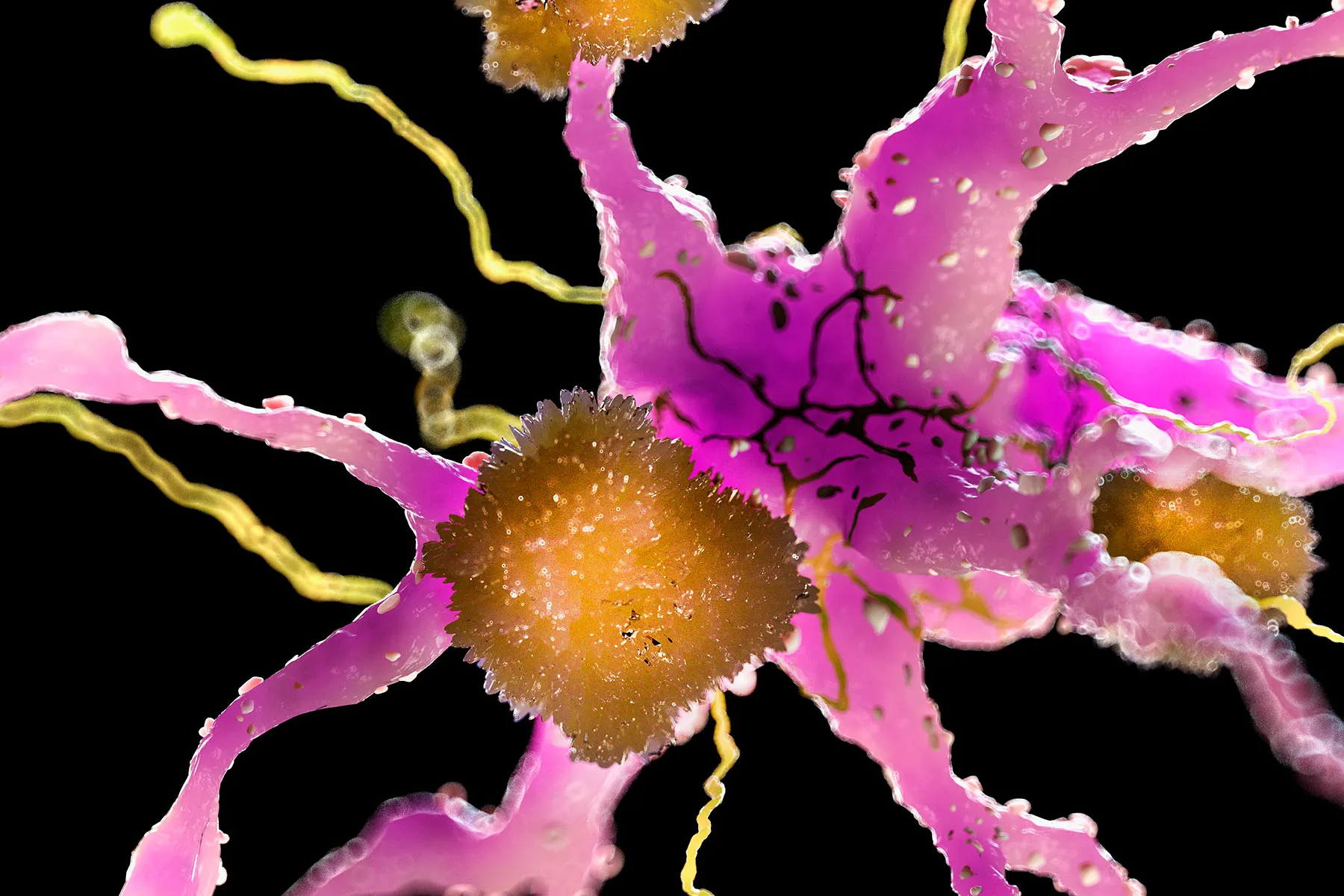DEA Expands Medication-Assisted Treatment for Opioid Abuse
In an effort to combat what it said were misperceptions about its policy, the Drug Enforcement Administration has announced plans to expand access to Medication-Assisted Treatment to help those suffering from substance use disorders.

In an effort to combat what it said were misperceptions about its policy, the U.S. Drug Enforcement Administration (DEA) has announced plans to expand access to Medication-Assisted Treatment (MAT) to help those suffering from substance use disorders.
“In this moment, when the United States is suffering tens of thousands of opioid-related overdose deaths every year, the DEA’s top priority is doing everything in our power to save lives,” said DEA Administrator Anne Milgram in a statement released Wednesday.
“Medication-assisted treatment helps those who are fighting to overcome substance use disorder by sustaining recovery and preventing overdoses. ”
MAT has triggered controversy in some cities and among a few experts who say providing drugs to individuals is dangerous and counterproductive. But the DEA said reports that the agency was opposed to MAT were incorrect.
“The stigma that DEA does not support MAT is predicated on the belief by some that DEA unfairly targets DATA-waived practitioners; this is not the case,” the DEA said in a background statement, referring to physicians and nurses who have received permission to administer the drugs.
“In fact, the overwhelming majority of practitioners act within the law and provide MAT as it is intended. Regrettably, DEA has needed to take action against a very small number of DATA-waived practitioners because they were acting outside of the law.”
DEA said it was “unfortunate [that a] very small number of bad actors has had a disproportionate effect on the diversion and misuse of controlled prescription drugs in the United States.”
As of September 2020, there are over 85,000 qualifying practitioners in the DEA registration system who may “prescribe, dispense, or administer controlled substances (e.g., buprenorphine) for maintenance or detoxification treatment in an office-based setting,” as part of MAT treatment, representing a 33 percent increase from just one year ago, according to the DEA DOJ division website.
These individuals, called “DATA-waived practitioners,” are physicians, nurse practitioners, physician assistants, and all other categories of qualified mid-level practitioners that may treat up to 30, 100, or 275 patients depending on the individual authorization they have received from the Substance Abuse and Mental Health Services Administration (SAMHSA).
“At DEA, our goal is simple: we want medication-assisted treatment to be readily and safely available to anyone in the country who needs it,” Milgram said in the statement.
See Also: How Harm Reduction Can Help Win the Fight Against Opioids
MAT Effectiveness
Studies have shown that MAT has been clinically proven to reduce the need for inpatient detoxification services, primarily because MAT is designed to combine medications with counseling and behavioral therapies with the goal of providing a “whole-patient” approach to treatment.
Moreover, the MAT treatment approach has shown to improve patient survival and treatment retention, while also decreasing criminal activity among people with substance use disorders and decreasing overall opiate and drug use use.
Despite some backlash about the fact that opioids are often used in this type of treatment, the FDA has approved many of these revolutionary treatments that have all been “demonstrated to be safe and effective in combination with counseling and psychological support.”
In fact, in July 2021, DEA implemented a new regulation increasing the number of mobile methadone treatment facilities in an effort to expand access to treatment in remote and underserved communities.
The latest news of expanding MAT access also includes pledges from the DEA, including:
-
- Implemented temporary regulations allowing medication-assisted treatment to be prescribed by telemedicine; and,
- engaging in regular outreach with pharmacists and practitioners to express support for the use of medication-assisted treatment for those suffering from substance use disorder.
“DEA is committed to continuing to work with our federal, state, and local partners to find more ways to expand access to medication-assisted treatment,” the press release announcing the treatment expansion concludes. “The DEA hopes that these efforts will help people across the country gain access to these lifesaving medicines.”
Additional Reading: Opioid Overdose Deaths Now Disproportionately Plague Black Population

 Landwebs
Landwebs 


















